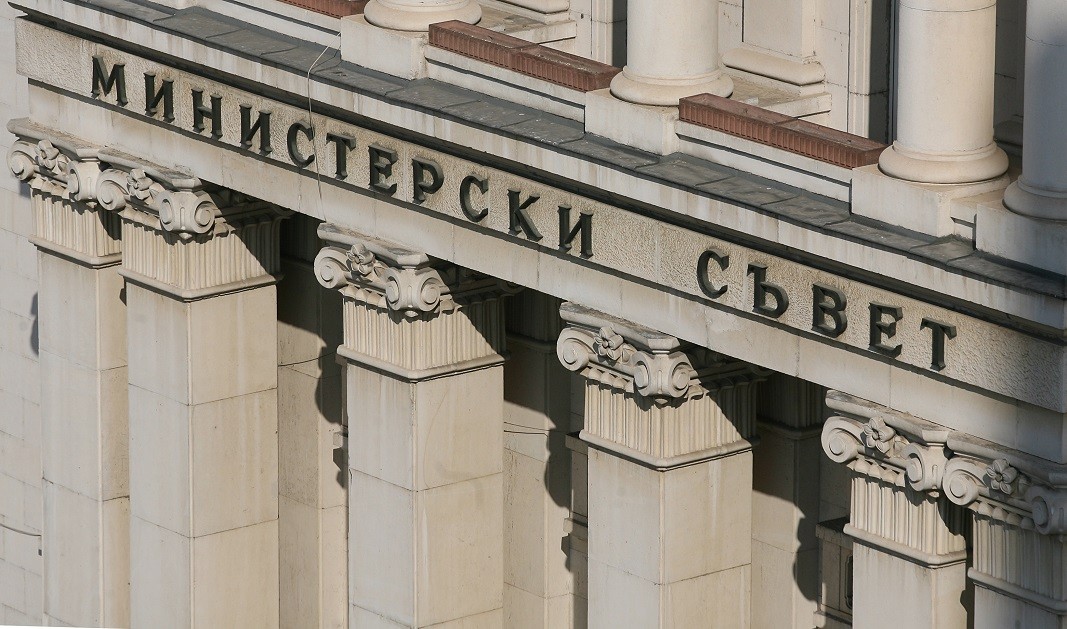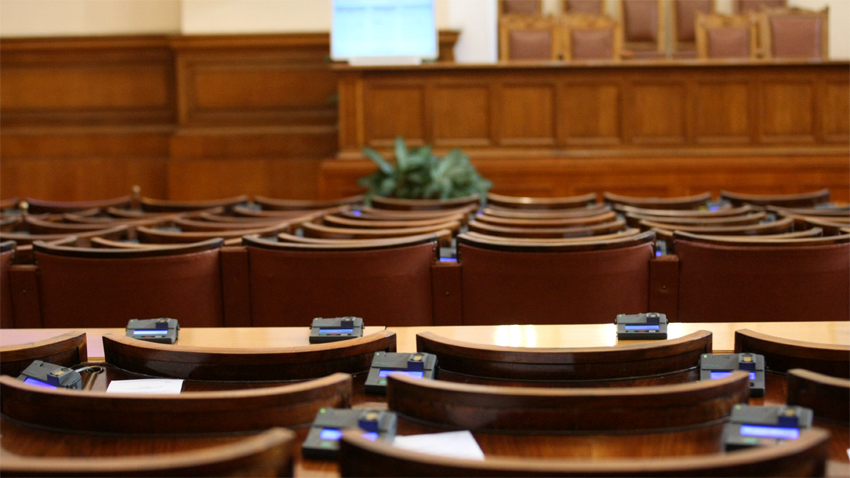The election for parliament has come and gone, but the political future of the country remains unclear. This week President Rumen Radev is expected to announce the date for the convocation of the 48th National Assembly. And the big question is, can a formula be found for forming a stable government that can guide the country through the coming difficult winter months?
“We face a situation in which the winners are actually losers: the coming winter, with all of the existing crises, is simply going to erase their electoral assets – at the next election they are going to be losers, and will probably lose a great deal,” writes poet and activist Edvin Sugarev in a commentary for Dnevnik newspaper. “At this time it is politically auspicious to be in opposition, because the burden of being part of a future administration gives broad scope for attacks against those at the helm, and their survival window will be very narrow – nobody is hoping to see a future government stay in power for more than just a few short months, until the local election in 2023 at most,” he adds.
Is there anyone ready to shoulder the responsibility of governing Bulgaria in a situation such as this?
“I do not believe there is any way a stable government can be formed within the term of this parliament, and that is something that is practically clear,” comments former education minister Prof. Daniel Valchev. “There are many examples from different societies and countries where comparatively unstable constructions have survived, some even for long periods. Ultimately, it is all up to the political elites and what they will prioritize. If the country has urgent issues to resolve, it sometimes happens that people will bury the hatchet and make some kind of concerted effort, even if it not pleasant thing.”
The red lines that have been set down by political formations like We Continue the Change and Democratic Bulgaria, saying they will not form a coalition with GERB and the Movement for Rights and Freedoms, makes for exceedingly complicated parliamentary arithmetic:
“The big question will be how some of the parties can become part of a government supported by GERB, and probably by the Movement for Rights and Freedoms as well, without people saying they have changed their political positions. If they do not agree, then there will be another election at which they will get punished in the same way the Slavi Trifonov’s party There Is Such a People was punished (which dropped below the electoral threshold at the 2 October election and will not be entering parliament – editorial note).”

Even if a government is formed, the question of how representative the National Assembly is remains a valid one, political analyst Stanislav Bachev comments. “Our political class is unable to live up to the current situation in the world. Bulgaria mustn’t be allowed to become the weak point in the region, a formula for the formation of a government must be found, such signals have been coming from the president and from the parties. The orientation will be towards Euro-Atlanticism,” he says in an interview with the BNR’s Radio Plovdiv. Yet the extremely low voter turnout is a problem:
“People in the country can see that this political class is not working in their interest, and if the coming winter is hard, no one is answering the question what the winter after that will be like.”
At this point, the attempts by GERB party, which won the highest number of votes at the 2 October election, to take a step towards conciliation with the other parties represented in parliament through a contact group with the involvement of ex-President Rosen Plevneliev and ex-foreign minister Solomon Passi, seems to be drawing negative reactions from their leaders, and from some analysts in this country:“It should not be forgotten that We Continue the Change were very clear about what they mean by “Borissov’s withdrawal” – prison for (GERB leader) Boyko Borissov, or at least retirement. But neither have happened. Large groups from We Continue the Change and Democratic Bulgaria see a cleanup of the GERB leadership, connected with Boyko Borissov, as the condition for holding negotiations with GERB,” political analyst Ivo Indzhov says. According to him, “some kind of government could be formed even with the third mandate. It would be very short-lived and would be dependent on shifting majorities in parliament. If that were the case it would be better to have new elections.”

Until it is clear what the outcome will be of the attempts to form a new Council of ministers “we shall again be in a situation in which political passions will heat up at the National Assembly and the representatives of the parties in parliament will probably try to accomplish their interests by changing the electoral rules,” says Vanya Nusheva who lectures political behavior and electoral systems at Sofia University St. Kliment Ohridski, in an interview with the BNR’s Horizont channel.
Interviews by Horizont channel, Hristo Botev channel, Radio Plovdiv, BNR
Compiled and edited by Yoan Kolev
Photos: BGNES-archive
On the threshold of the sixth early parliamentary elections in less than three years, the fatigue of the Bulgarian citizens from the administrative hopelessness is visible . This seems to be the case in the political arena as well - proof is the..
"We need unity and togetherness. For us, Bulgaria is our family, it is our home" - Zdravka Vladova-Momcheva, a Bulgarian living in Britain, told Radio Bulgaria. Ten days ago she was in Sofia to receive another award from the Executive Agency for..
Bulgarians go to the polls today to elect 240 members of the 51st National Assembly. Nineteen parties and nine coalitions are registered to take part in the elections. A total of 4 858 candidates - 3 480 men and 1 378 women - are vying for a seat in..
At today's session of MEPs opening in Strasbourg, the European Parliament will again call for full membership of Bulgaria and Romania in Schengen . The..
The members of Parliament are rather skeptical before yet another attempt to elect a National Assembly Speaker. The candidates for Speaker of the..

+359 2 9336 661
